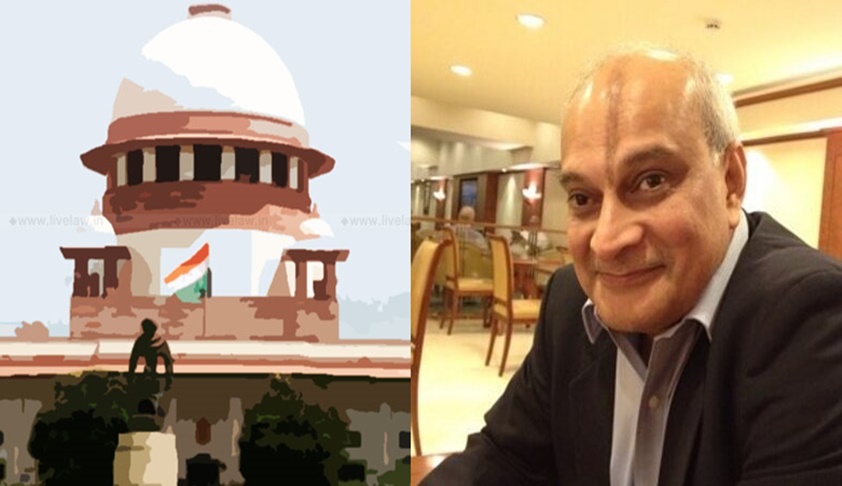Holding that basic structure of constitution was democracy and balance of power, Senior counsel Aryama Sundaram, arguing for Maharashtra, reiterated before Supreme Court today that only Parliament was empowered to include right to privacy as a fundamental right and it was not the job of the Supreme Court."A constitutional amendment is required for it and only Parliament can do it. It cannot...

